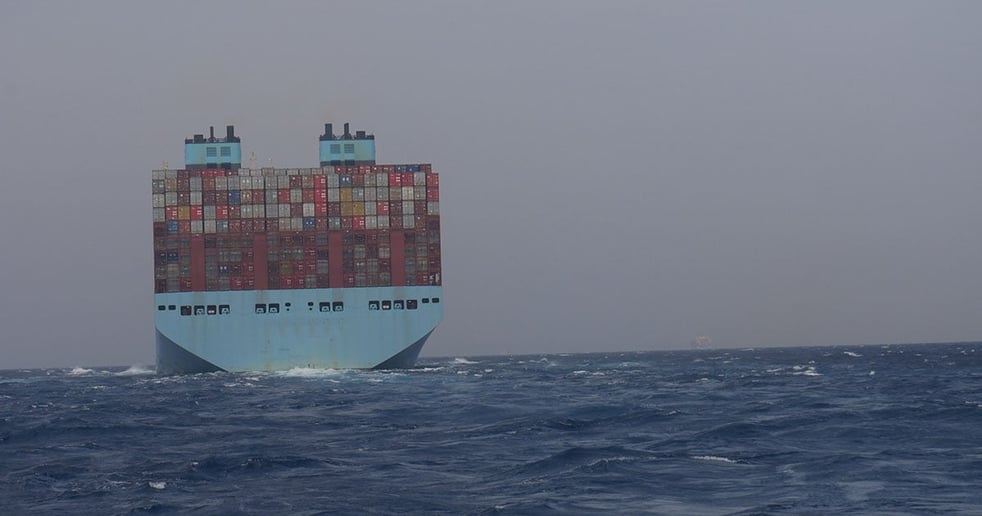There have been a number of recent attacks on commercial ships in waters around the Red Sea and off the coast of Yemen.
It was reported that, on 19 November, Houthis seized "Galaxy Leader" (a car carrier), which was taken to Hodeidah, and that, on 26 November, they seized "Central Park" (a chemical tanker). On 27 November, "CMA CGM Symi" (a container vessel) was said to come under attack by a drone in the Indian Ocean. All three vessels were alleged to have had links with Israel, although this may not have been the case with regard to "Central Park".
On 3 December, three vessels, "Unity Explorer", "Number 9", and the "Sophie II", were reported as being attacked by Houthi militants who apparently asserted that two of the vessels were linked to Israel.
Other vessels (in the same management as "Galaxy Leader") have been diverted to avoid passing Yemen.
The issue arises as to whether owners/disponent owners may be entitled to refuse to proceed on a particular route, in order to minimise the risk of being attacked, under charter parties which incorporate (say) the latest version of the Conwartime 2013 or Voywar 2013 clauses.
For purposes of these clauses, owners/disponent owners may refuse to proceed if, in the reasonable judgement of the master and/or the owners, the vessel "may be exposed" to actual, threatened or reported hostilities, warlike operations or seizure which "may be dangerous or may become dangerous".
There is a lack of clarity as to what is meant by "may" or the level of danger required. Although the BIMCO Commentary suggests that the test is based on whether an area is dangerous and that the level of danger is likely to be high, that intention may not be clearly reflected in the clauses.
However, it is clear that, under English Law, any judgement must be made in good faith and be "objectively reasonable", for which purposes owners/disponent owners should make "all necessary enquiries"; see The Triton Lark [2012] 1 Lloyd's Rep. 151.
In practice, the question as to whether owners/disponent owners would be entitled to refuse to proceed on a particular route under a particular clause will be contract-and fact-dependent. This may depend upon the security measures in place at the relevant time, the extent to which attacks continue (or are permitted to continue) and the extent to which vessels have some nexus with Israel.
The position may be fast moving. Therefore, if owners/disponent owners/operators are concerned, they should seek advice on the current situation.
The Association is grateful to Glenn Winter at Winter & Co. for preparing this update.
